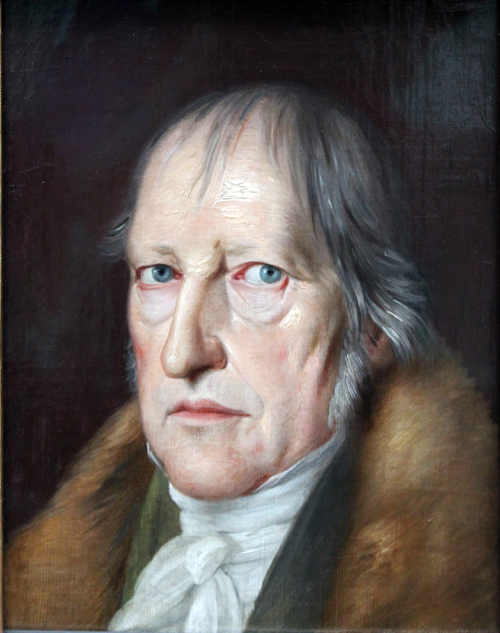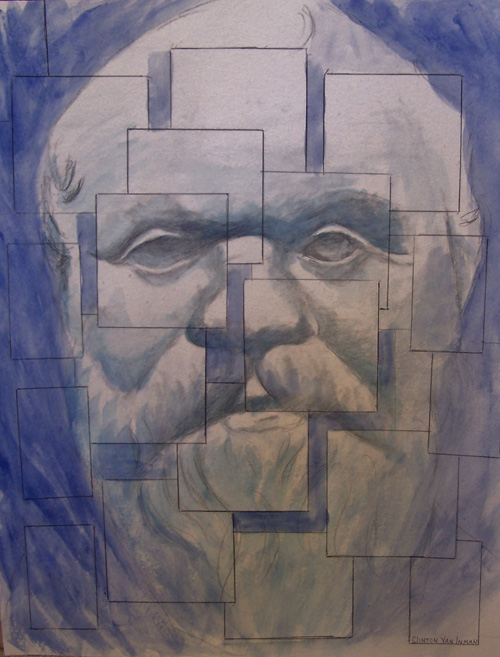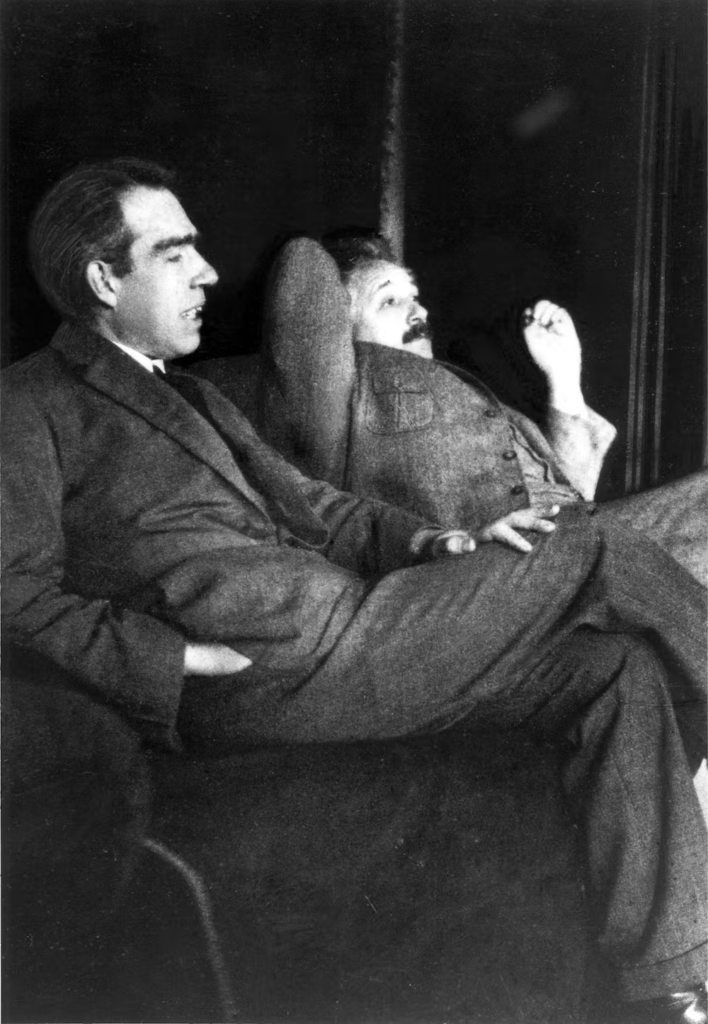Chomsky on Global Myths and Realities
We live in the era of the global free market. Or do we? And now that the Cold War is over, why are the arms manufacturers still looking so prosperous? Political theorist Noam Chomsky thinks he knows why, as Mike Fuller explains. Here’s one widely accepted version of how things stand in the world today, …






